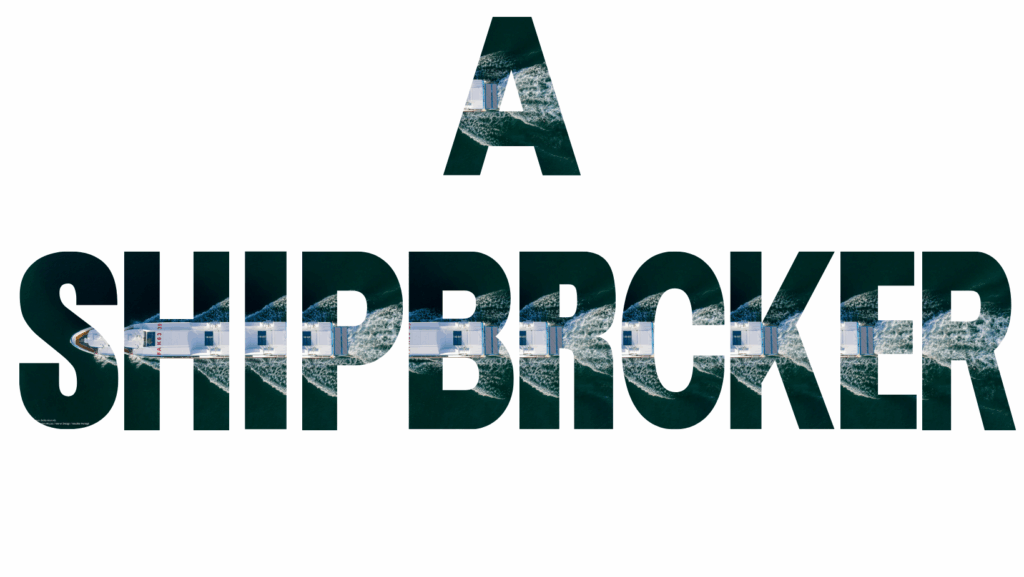
What is a broker?
A shipbroker is a professional who specializes in mediating and coordinating transactions. They act as intermediaries between various stakeholders: shipowners (whether buyers, sellers, or charterers), maritime authorities (classification societies, maritime affairs, etc.), shipyards, naval architects, as well as banks and transport companies.
The main goal of a shipbroker is to facilitate the sale or purchase of a vessel and all the related administrative and financial procedures.
The different roles of a shipbroker:
- Mediation and negotiation: The broker acts as a mediator between shipowners. They negotiate the terms of the sale/purchase or chartering contract, including pricing.
- Advice: They provide guidance to shipowners on the best possible solutions for their projects.
- Risk management: They assess and manage risks for both parties (buyers and sellers).
- Documentation and logistics: Brokers handle the preparation of documents required for the sale or purchase of a vessel. They also coordinate logistical operations such as the transportation of the vessel.
The tasks of a shipbroker:
- Identifying client needs: The shipbroker starts by understanding the specific needs of each shipowner.
- Searching for solutions: They use their market knowledge and network to find the best purchase/sale or chartering solutions to meet the clients’ needs.
- Negotiating contract terms: Once an opportunity is identified, the broker negotiates the contract terms with the involved parties to ensure favorable conditions for both sides.
- Monitoring and coordination: During the execution of the contract, the shipbroker oversees operations to ensure everything proceeds as planned, coordinating communication among the various stakeholders and resolving any issues that may arise.
- Dispute resolution: In case of disputes or unforeseen problems, the broker steps in to find solutions and protect the interests of the shipowners.
In short, the shipbroker is a key link in the logistics chain of ship sale/purchase and chartering.
They contribute to the fluidity, efficiency, and security of vessel transactions.
